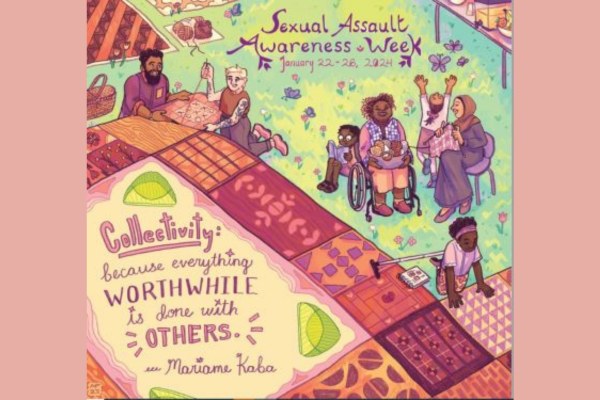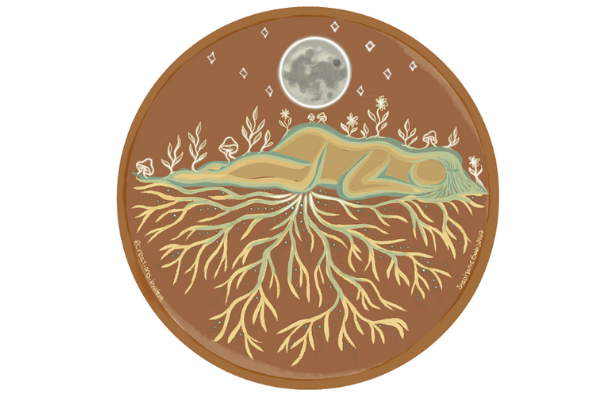Like any other substance, cannabis will affect every user differently. Some factors that contribute to how cannabis affects your learning and development are method, frequency, consumption of food and other substances, age, experience with cannabis, pre-existing medical conditions, and onset of use. In other words, how are you consuming cannabis, how often are you consuming cannabis, and when did you start using cannabis?
I would like to acknowledge that since cannabis has only recently been legalized, there is still a lot we are learning. Cannabis and cannabis users have long been stigmatized, and research was often influenced by these negative biases. This is not to say that what the research is showing is not true, just that there is so much more for us to learn, and we must remain unbiased from society’s stereotypes.
As we are still learning about the plant and what it has to offer, it is important to note cannabis research has focused on the two main cannabinoids: delta-9-tetreahydrocannabinol (THC) and cannabidiol (CBD). We now know there are around a hundred different cannabinoids and over 300 non-cannabinoid chemicals that make up the plant. While both cannabinoids are considered psychoactive, meaning they have an effect on your brain, only THC is intoxicating (gives you the ‘high’ feeling).
There are several short-term and long-term effects of cannabis use. Everyone’s reactions to cannabis will differ and can even differ from one time of consumption to another. Cannabis can impair your ability to drive safely, make it harder to learn and remember things while under the influence and after chronic dependent use, cause panic or anxiety if over-consumed, damage lungs with prolonged use, lead to cannabis use disorder with chronic use and lead to problematic cannabis use.
All in all, one of the main ways the use of cannabis can affect your learning is impaired memory and difficulty with immediate thinking and problem-solving skills. These effects are most common while directly under the influence of cannabis but can also develop with chronic use as it can affect brain development, especially with earlier onset of use. Negative effects of cannabis use on memory and learning are most common among active chronic cannabis users in a dose-dependent manner.
Cannabis is also growing in popularity for medical purposes. The most common reason for using medical cannabis is pain control and relief. For those who suffer from chronic pain or who may be unable to process stronger substances like opioids, medical cannabis (THC in particular) can provide quick and effective pain relief. It can also provide relief for those with substance use disorders who wish to stay away from stronger substances. Additionally, studies show CBD is quite the effective anti-inflammatory.
Further, appropriate cannabis use has been known to help treat depression and anxiety disorders. The endocannabinoid compounds that are found in cannabis (which interact with our endocannabinoid system) can help to stabilize moods. While all of these uses can help to provide relief, this relief can lead to more effective learning. Appropriate cannabis use has also been shown to help those with ADHD/ADD through the promotion of focus and can actually be considered a safer option than typical pharmaceutical options. Other medical uses may include managing symptoms of PTSD, Alzheimer’s, arthritis pain, inflammatory bowel diseases, fibromyalgia, endometriosis, Parkinson’s disease and more.
Harm reduction is important in every aspect of living – from sex, to seatbelts, to masks, to substance use. Please note these harm reduction techniques are aimed at those who consume cannabis for non-medical reasons.
Legalization was a great step in harm reduction surrounding cannabis use. It decreases social harms associated with the criminalization of cannabis, and provided legislative and regulative features like education, prevention and treatment.
It is best to begin cannabis use later in life if possible. The earlier you begin consuming, the higher the risk of serious negative health outcomes. You can also try to choose to consume products that have a lower THC content and/or higher CBD content which lowers the intoxicating effects. It is also known that smoking, or the inhalation of cannabis, is the most harmful way of using cannabis. To mitigate some of the risks associated with inhalation, users can opt for ingestible or mucosal use (edibles and under the tongue). Avoiding the use of synthetic cannabis products (such as K2 and Spice) is also suggested.
If you notice you may be starting to become dependent on cannabis, reflect on your use and reach out for help if necessary.
Lastly, it should go without saying, but cannabis use can impair your ability to drive. Please do not consume cannabis and operate motor vehicles.
Just like everything in life, there are pros and cons. Please make sure you are informed and prepared prior to any substance use. There are resources available to you on and off campus and some of them can be found here:
Safer Substance Use
Health and Counselling Services
Ottawa Public Health
Recent Quote the Raven Posts
Read the latest from our student Bloggers











 Ask Me
Ask Me